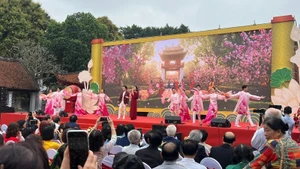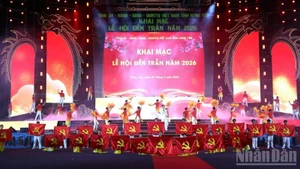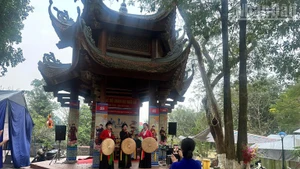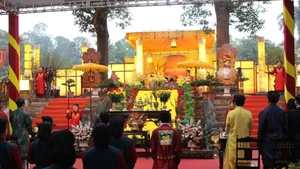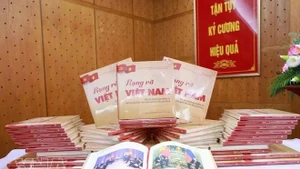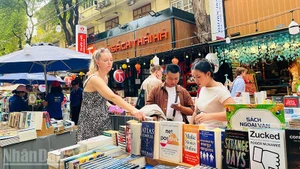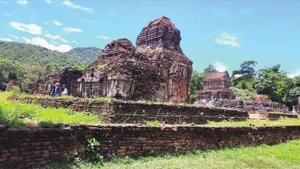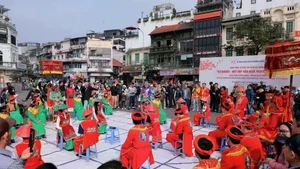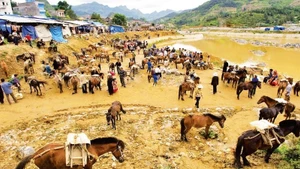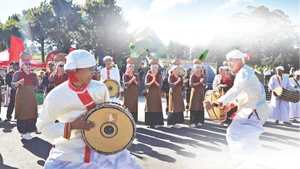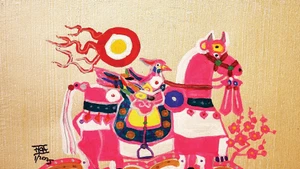Beyond that, this pride extends towards the thousand-year history of the land of Thang Long-Dong Do-Hanoi, which has created the cultural identity, style, and character of Hanoians, both in the past and present. It grows even larger when reflecting on the decades of development and renewal that have recently seen Hanoi emerge as a political, cultural, economic, and social hub of the entire nation, with its modern transformation and dynamic changes.
With the thousand-year history since Thang Long became the Capital of Vietnam, Hanoi’s remarkable development over the past 70 years since the liberation on October 10, 1954, and nearly 40 years since the milestone of Doi Moi (Renewal) in 1986, allows us to reflect more deeply on the historical highs and lows, the heroism, and the vibrant life of other major cities across the country. These are places now frequently mentioned and praised for their significance. To reach this recognition has been a long historical journey, shaped by the efforts and dedication of countless generations of Vietnamese people.
They are also the foundation upon which we now proudly refer to Ho Chi Minh City with its modernity, a “growing urban body,” and a tradition of heartfelt camaraderie or when speaking of Da Nang as a "livable city" with its remarkable, adaptive, and unique achievements in balancing economic development, services, and the natural life of its residents. Mentioning Hai Phong City, we think of its resilience, dynamism, and boldness in renewal and innovation as a key port city. Many other old and new cities across the land also stand out, carrying distinct marks of architecture, culture, industrial growth, services, and tourism—emerging powerfully in development and integration.
Heroic and beloved Hanoi, along with many other cities, embodies profound values that inspire deep reflections not only on the nation’s growth but also on the emotional bonds of its people. These cities stir the imagination of poets and songwriters. They reflect the spirit and determination of the entire political system and those who live and work within the urban areas. Pride in these great cities, rich in cultural identity and potential, must be intertwined with a deep understanding and appreciation of the values they have achieved. It is necessary to transform this pride into tangible actions, contributing to and promoting the growth and prosperity of our hometown cities and enriching their culture and civilisation. This will enhance existing values and add new, humane, and beautiful ones for the people's happiness and the enduring strength of the nation.
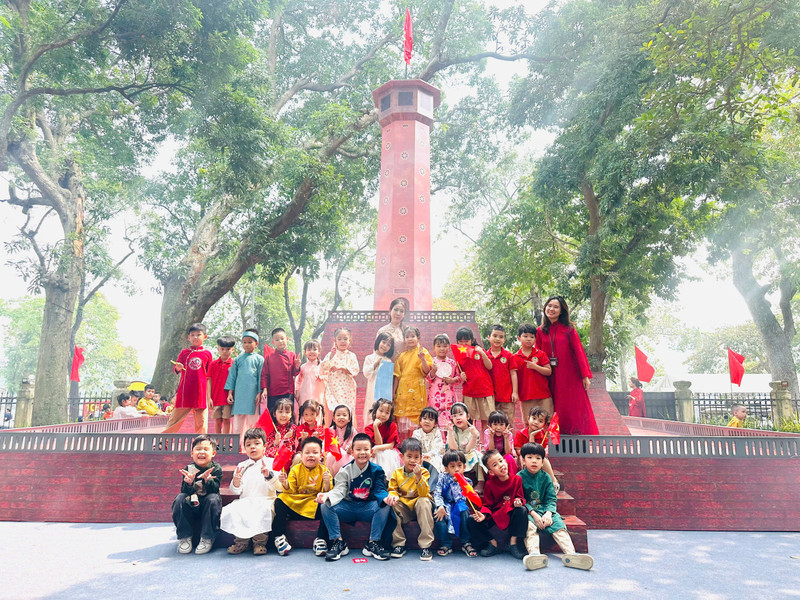
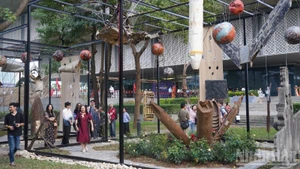
![[In Pictures] Procession of giant “Lord Pigs” weighing over 200kg at La Phu Village Festival](https://en-cdn.nhandan.vn/images/9f233ae74386156ace55673ec5a8ea373e7bb5df2274800bfd51bda6ec86d946ac1c392948518c6b0493c4028e062086d61e162f1bde5f06b033cfb48e75970298e3f24f2e8ecbfa7996f109382f9907/ruoc-lon-la-phu-11-4212.jpg.webp)
